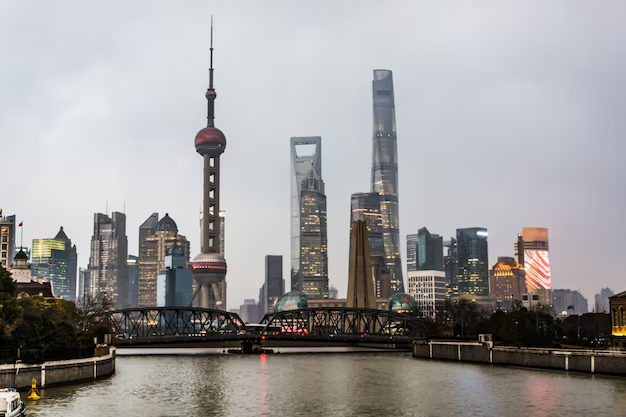Iberia, Vueling, and industry giants reveal a groundbreaking partnership to position Spain as a leader in high-tech sustainable air travel and green innovation.
Cepsa, Iberia, Iberia Express, Vueling, and BIOCIRC (Spanish Biocircularity Association) have jointly unveiled a comprehensive report proposing 16 economic, regulatory, and public-private collaboration measures aimed at accelerating the production and adoption of sustainable aviation fuels (SAF). These fuels are a key alternative in reducing the airline sector’s environmental impact, particularly by curbing CO2 emissions. The goal is to position Spain as a European leader in this new sustainable technology and in the promotion of eco-friendly tourism.
Spain’s existing conditions for SAF production offer a significant opportunity for the national economy. Given this, the four entities advocate for making SAF development a national priority, aiming to establish Spain as a European hub for SAF and a frontrunner in both sustainable tourism and the broader energy transition.
Titled “How to make Spain the European leader in SAF? Roadmap to accelerate the decarbonization of air transport,” the report outlines the need for a €22 billion investment in facility construction to launch this new SAF industry. This investment is projected to create 270,000 jobs—direct, indirect, and induced—by 2050. Moreover, the construction of these plants could boost Spain’s GDP by €13 billion, with an additional €42.851 billion stemming from plant operations through 2050, making SAF a significant contributor to the nation’s economy.
A critical point emphasized in the report is the need for a robust regulatory framework to provide certainty for stakeholders, encouraging confident investment in this emerging sector. It also underscores the importance of sharing both investment responsibilities and cost increases to ensure that SAF becomes a viable, short-term solution. Currently, SAF costs three to five times more than traditional fossil-based kerosene, making collaborative efforts essential. The report calls for the development of innovative technologies and industrial facilities with enough capacity to meet growing SAF demand, utilizing Spain’s ample raw material resources to their fullest potential.
While SAF production capacity, primarily through the HEFA technology, could meet the projected needs for 2030, the report warns that by 2040, additional capacity—particularly for e-SAF synthetic fuels derived from green hydrogen—will be required. To achieve energy independence and the decarbonization of Spain’s aviation sector by 2050, the country would need three HEFA biofuel plants, five synthetic fuel plants, and at least 24 SAF production facilities using AtJ (Alcohol to Jet) and Fischer Tropsch technologies. Locating these plants near raw material sources would further contribute to economic development, especially in rural areas, while reducing the carbon footprint.
The report calls for establishing a legal framework that encourages investment in SAF production and the development of new technologies. Beyond 2030, these advances will be crucial for meeting SAF production targets and ensuring the sustainability of the industry.
Coordination among key players in the value chain—ranging from public administrations to private sectors—is essential to the industry’s success. The report stresses the importance of streamlining permits, improving airport infrastructure, and establishing a European-wide SAF traceability mechanism. Additionally, challenges such as managing the dispersed waste used as raw material for SAF production and the need for incentives or mandates to facilitate these efforts must be addressed for the industry to thrive.
The post Iberia, Vueling, And Industry Giants Announce Breakthrough Collaboration To Propel Spain To The Forefront Of High-Tech Sustainable Air Travel appeared first on Travel And Tour World.




Comment (0)